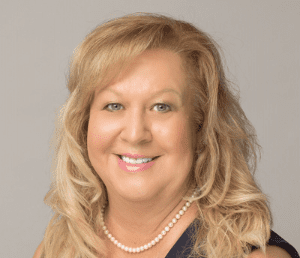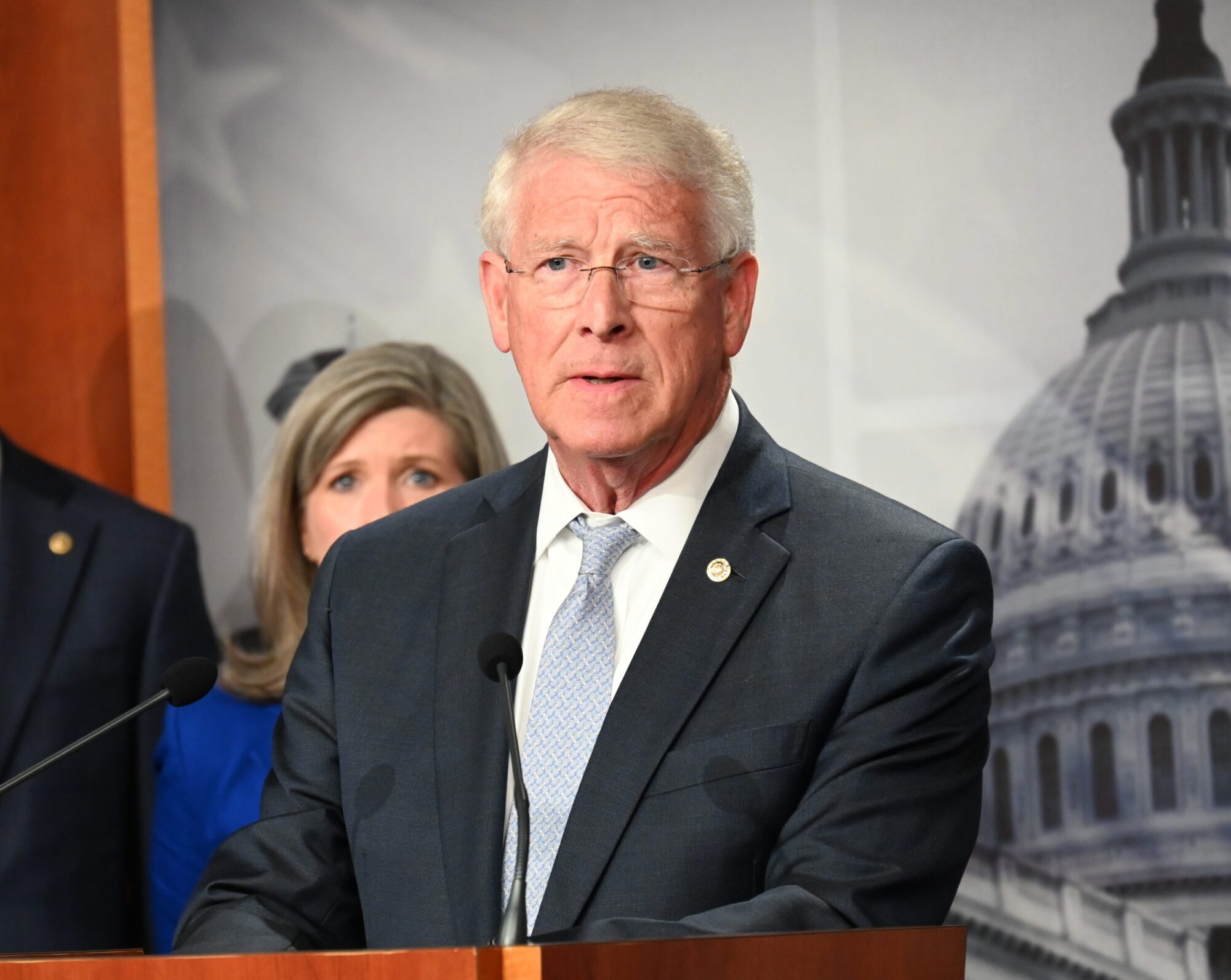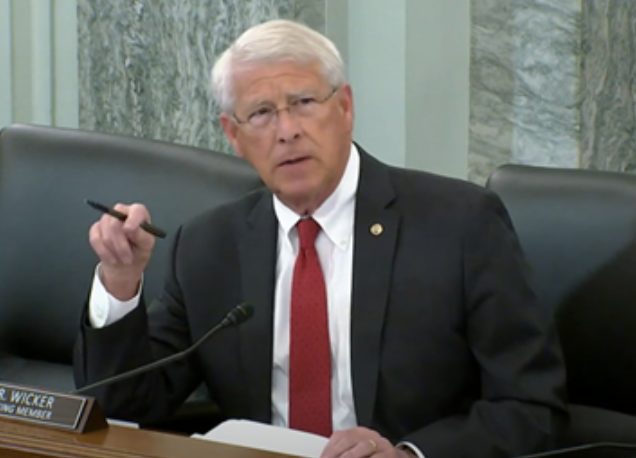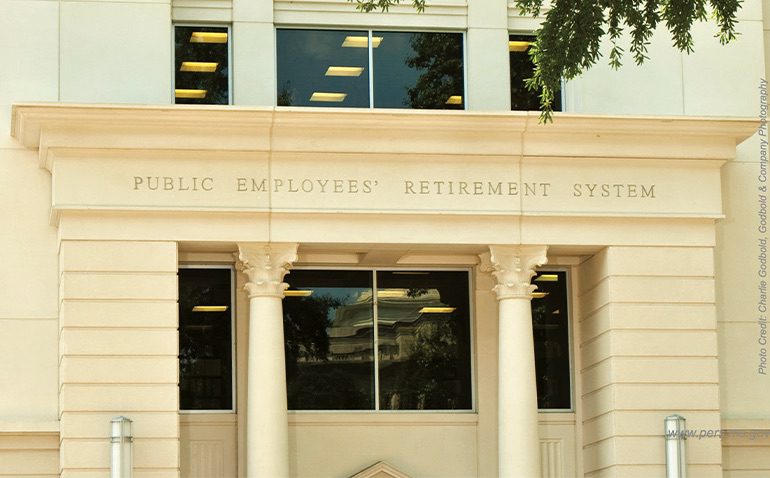
Treasurer David McRae
By Treasurer David McRae
The job market has largely recovered from high, COVID-era unemployment, albeit not for everyone. Americans without disabilities have been able to return to the workforce en masse, allowing the national unemployment rate to fall to 3.1 percent, according to the Bureau of Labor Statistics’ April survey. But those with disabilities have faced a more difficult road.
Today, the unemployment rate for disabled Americans rests at 8.3 percent, more than twice the national average for their able-bodied counterparts. There are a multitude of reasons for this. First, the windows where most of us have seen “Help Wanted” signs (in restaurants and retail stores) are often challenging places for those with disabilities to work. In some cases, they require longer hours and in others, greater physical demands. Regardless, the sectors of our economy that need the most help right now aren’t necessarily available to Mississippians with disabilities.
Beyond that, many disabled Americans must work part time in order to protect access to much-needed health and social safety net assistance. On top of every other challenge, this puts them at a disadvantage when applying for jobs.
So, what can be done about it? First, I encourage job creators to find places where Mississippians with disabilities can contribute to your line of business. But beyond that, I’m actively working to expand participation in the ABLE to Save Program, as your State Treasurer.
While this program can’t fix the employment problem, it can help families prepare for life’s inevitable employment bumps and dips. Through ABLE to Save, those with disabilities and their families can set up a tax-advantaged savings account that allows them to put money away without jeopardizing the necessary benefits mentioned earlier. These accounts can be used to pay for disability-related expenses, including education, housing, transportation, employment training and support, assistive technology, personal support services, health care expenses, financial management, administrative services, and more.
To be eligible for an ABLE account, the disability’s onset must have occurred before the beneficiary turned 26 years old (although that is something I’m fighting to expand, as many disabled veterans, among others, are not qualified under this criteria). If you or a loved one meet the age parameters and receive SSI or SSDI benefits, you are automatically eligible to open an ABLE account. Even if you don’t meet those criteria, you might still be eligible with a little additional paperwork!
Once an ABLE account is opened, the beneficiary, as well as their friends and family, can contribute and choose how the money is invested, giving them the opportunity to grow any savings over time.
There are certainly opportunity and employment gaps that must be closed for those with disabilities, but I’m hopeful that expanding ABLE account participation will help some families achieve greater financial stability going forward.
About the Author(s)
Guest Editorial
Y'all Politics runs responsibly written editorial content that does not necessarily reflect the views of Y'all Politics, its staff, management or advertisers.
More Like This
More From This Author
Previous Story
DC
|
Stephen Groves, Associated Press
, Lisa Mascaro, Associated Press
, Mary Clare Jalonick, Associated Press
•
March 4, 2026
Congress taking first votes on Iran war as debate rages about U.S. goals
The U.S. Senate is headed towards a vote on President Donald Trump’s decision to embark on a war against Iran. On the other side of the Capitol, House leaders were also readying for an intense debate over the war followed by a vote Thursday.











